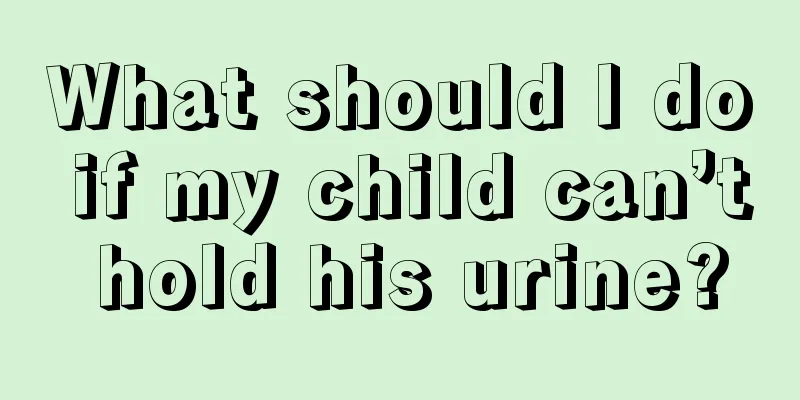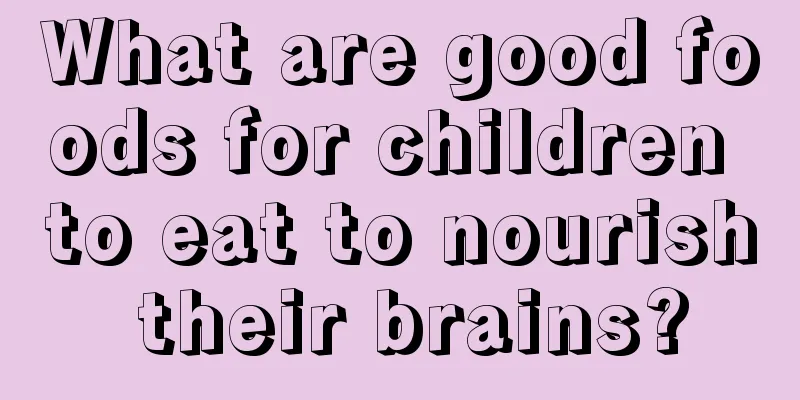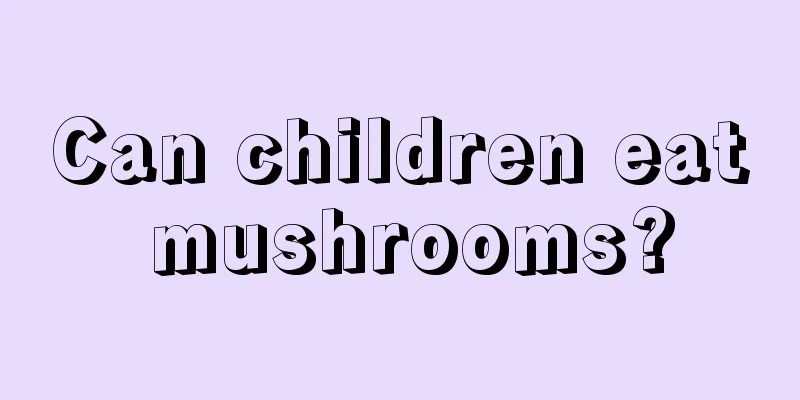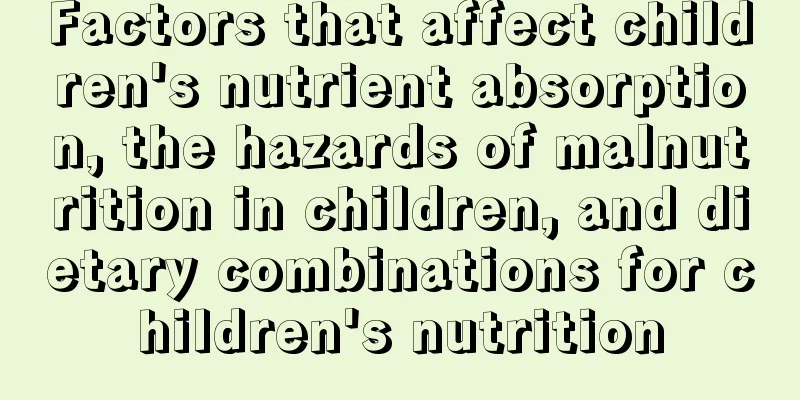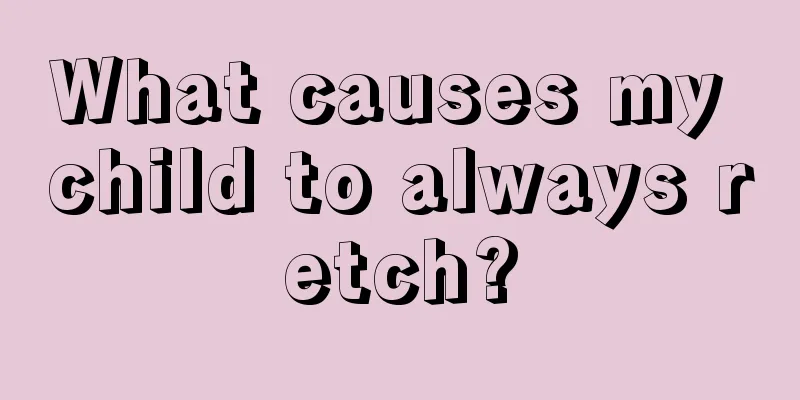How to treat congenital heart disease in children

|
Congenital heart disease in children is a type of pediatric malformation. The symptoms vary depending on the size and severity of the deformity. However, generally speaking, children with congenital heart disease will often catch colds, have respiratory infections, have shortness of breath, sweat, and have heart murmurs when auscultated with a stethoscope. Nowadays, the method of treating congenital heart disease is generally surgical treatment. So, how to treat congenital heart disease in children? treat 1. Generally, only a few types of congenital heart disease can recover naturally. For others, complications will gradually increase and the condition will gradually worsen with age. The choice of treatment and the correct timing of surgery mainly depend on the scope and degree of congenital heart malformation. Simple and mild malformations such as atrial septal defect and simple pulmonary valve stenosis have no obvious effect on hemodynamics if the defect diameter is small, and no treatment is required for life. Severe congenital heart diseases such as complete transposition of the great arteries or hypoplastic left heart syndrome must be treated with surgery immediately after birth or the baby will not survive. 2. Congenital heart disease cases under conservative observation. (1) Patients with a small diameter secundum atrial septal defect and no tendency to pulmonary hypertension can be observed to undergo surgery again at the age of 3 to 5 years; (2) Membranous ventricular septal defects with a diameter of less than 4 mm have little effect on cardiac function and are likely to close automatically, so they can be observed until the age of 3 to 5 years. If the ventricular septal defect still fails to close, surgical treatment should be considered. Since ventricular septal defect may induce bacterial endocarditis, and the safety of surgical operation is very high, it is not recommended to wait for a long time. (3) Aortic valve stenosis with a transvalvular pressure gradient of less than 40 mmHg or pulmonary valve stenosis with a transvalvular pressure gradient of less than 60 mmHg. The prerequisite for conservative treatment of these cases is that they must undergo more than two cardiac ultrasound examinations in a hospital with a high level of congenital heart surgery treatment. In addition, regular follow-up observations and necessary examinations are required during the observation period to avoid misdiagnosis and loss of treatment opportunities. 3. Choosing the right time for surgery is the key to successful congenital heart disease surgery and achieving a good prognosis. The method of treating congenital heart disease in children is generally surgery, but choosing the right time for surgery is the key to the success of the operation. However, since some milder heart diseases may not have any obvious symptoms in the early stages, parents should pay more attention to their children's physical condition. If they feel unwell, they should be checked and treated in time. |
<<: What to do if your newborn baby sleeps with his head tilted
>>: What are the causes of baby's stomach pain?
Recommend
Do children with calcium deficiency need to take calcium tablets?
During the infant and toddler period, if there is...
How to properly deal with convulsions caused by fever in babies?
The baby's physical development is not yet co...
What are the stool forms of infants at a few months old?
After birth, many babies consume breast milk and ...
What ointment should I use on a child's scratched face?
Children are naughty. Often when several children...
What are some appetizer snacks for kids?
Many parents have the worry that their children l...
What are the benefits of physical education classes for young children?
Many kindergartens now offer physical education c...
What tests should be done for children's precocious puberty
Some children may have organic lesions of the cen...
What to do if your child hunches over
Many parents have found that their children have ...
Treatment for baby's cough and phlegm during sleep
As parents, we are all worried when our babies co...
What should I do if my child has ulcers at the corners of his mouth?
Children’s health is the biggest concern for pare...
What does diarrhea look like in babies?
Diarrhea is a common condition in babies. If the ...
What to do if your child always has itchy scalp
Because the human scalp is always covered with a ...
What is the cause of the child's ear pain?
Generally speaking, children's reactions to i...
How to treat stomach heat in children
What we often call stomach heat is actually stoma...
ADHD
ADHD is a disease that occurs more frequently in ...


